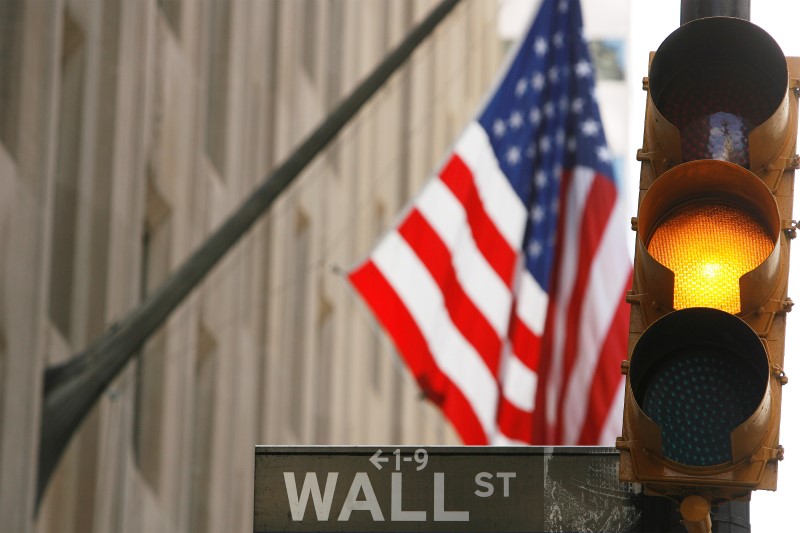Stock market today: Stocks fall as investors rotate out of tech into Jackson Hole
By Senad Karaahmetovic
The S&P 500 closed 1.45% higher in the first trading week of 2023 after the market interpreted Friday’s jobs report as bullish for stocks. NASDAQ Composite closed nearly 1% higher while Dow Jones Industrial Average closed 1.46% higher.
The MSCI AC World (NASDAQ:ACWI), the flagship global equity index, gained about 2.6% on the week. Region-wise, Europe and China outperformed on the back of an accelerated re-opening in China and a milder-than-expected winter in Europe.
Why are U.S. stocks rallying? Although the unemployment rate fell to 3.5% in December - matching the pre-pandemic low - the slowdown in wage growth has fueled bets on the Federal Reserve pivoting away from its aggressive tightening of monetary conditions.
Softer-than-expected average hourly earnings fueled a rally in stocks as investors believe that the unemployment rate isn’t that important for the Fed if wage growth is softening. As a result, the market is now expecting the Fed to raise its benchmark interest rate by 0.25% at its next policy meeting on February 1.
Q4 earnings season kicking off
The Q4 reporting season is due to start later this week with consensus looking for no earnings growth year-over-year. Revenue is expected to rise by 8% although analysts expect this growth to be offset by margin contraction.
Overall, the S&P 500 EPS for Q4 is expected to fall by 5%, excluding Energy. Several equity analysts, including those from Goldman Sachs and Deutsche Bank, hinted in recent days that further downward revisions to consensus 2023 EPS forecasts are likely coming, the key reason why the ongoing rally in equities will likely be limited.
Banking giants, like Bank of America (NYSE:BAC), JPMorgan (NYSE:JPM), and Wells Fargo (NYSE:WFC), are set to open the earnings season on Friday, January 13, before tech giants report on their Q4 performance next week.
What are Wall Street analysts saying?
Here are the latest comments from several prominent Wall Street equity strategists as traders prepare for another volatile week, headlined by the January CPI report that is expected this Thursday.
Wells Fargo strategists: “The Wells Fargo "Most-Shorted" Portfolio underperformed on Friday, as did higher-risk stocks. Value factors outperformed. This suggests Friday's rally may be more durable than some expect, as it was driven by a pro-cyclical post-jobs report reaction—not by risk/short-covering. Oddly, this market action probably creates some positive investor sentiment since long-only's are making money and short-sellers are faring better than one might expect.”
Morgan Stanley strategists: “We don't think a 3,500-3,600 S&P 500 is consistent with the consensus view for a mild recession. That is one way the consensus could be right directionally, but wrong in terms of magnitude.”
Vital Knowledge strategists: “We’re still more bullish than the consensus (because of accumulating disinflationary data points, underappreciated earnings tailwinds, and excessive/complacent negativity), but the magnitude of the Fri advance did seem overdone, and the SPX continues to face stiff resistance at ~4100.”
Goldman Sachs strategists: “We expect further downward revisions to consensus 2023 EPS forecasts. China reopening is one upside risk to 2023 EPS. But margin pressures, taxes, and recession present greater downside risks. We forecast 0% EPS growth to $224 in 2023 (vs. consensus of +3%) but in a recession scenario we estimate EPS would fall by 11% to $200 [S&P 500 at 3150].”
Sevens Report Research strategists: “The key event this week is the CPI report as it’ll let us know just how quickly inflation is falling, and while the financial media will focus on the headline, it’s really the Core CPI that’s now the most important metric. The faster that drops towards 5.0% y/y, the better for stocks.”
